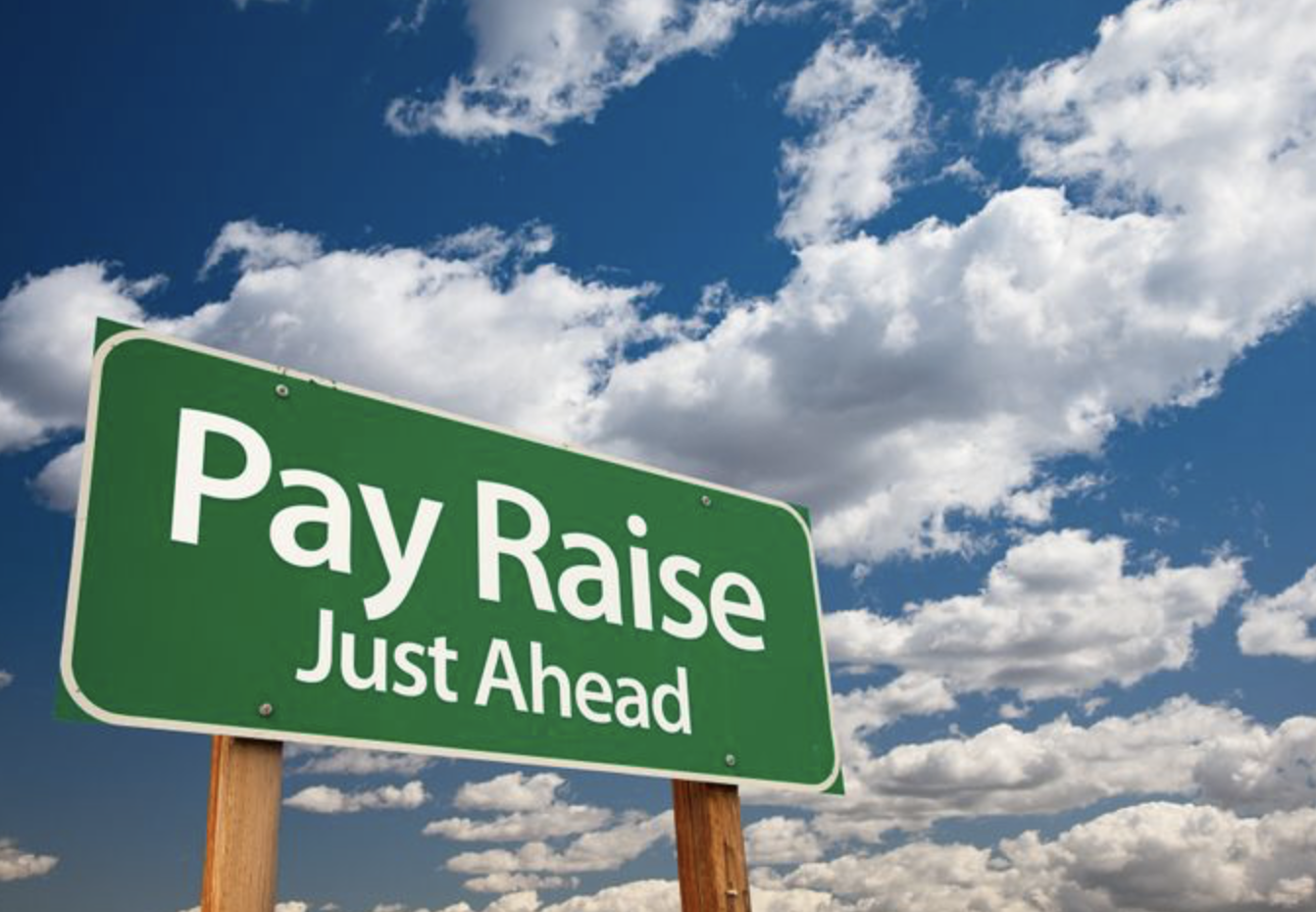
Have you had a pay rise recently? Not something we might hear that often. It causes angst in some as we hear of a negotiated pay rise above inflation for some, and below the level ‘in real terms’ for others. It causes upset, trauma: it isn’t a happy way to live.
Whenever we read of a particular passage from the Bible, remember that the verses were added in the 16th Century, known as versification. So consider it a continuous letter. Hence the need to read either side of the text.
In the previous week we would have read of people forgiving others to seek reconciliation – it’s been a theme for a few weeks now.
Where are we?
In the last Chapter (Matthew 19) Jesus has moved in the regional’s of Judea beyond the Jordan.

He’s discussed divorce, concluding with (Matthew 19:10) “it’s better not to marry“. This surely highlights the contextual nature of Scripture. He has reminded people that of all of the “10 Commandments” he recites the 6 which relate to relationship (There’s a difference between the set of Commandments in Exodus and Deuteronomy – my discussion on the Sabbath highlights this difference). Surely being in relationship with one another is a happy way to live.
Then we get that lovely line (Matthew 19:21) about “if you wish to be perfect, go sell your possessions, and give the money to the poor, then ‘come, follow me’ ” Ouch! But recall this is a conversation with another – not directly to us, or in our context. Jesus explains that being rich can cause an impasse to entering the Kin_dom of God (*). Then there’s a few verses which remind the readers that they are Jewish.
Oh, Then the last line of Chapter 19 is “But many who are first will be last, and the last will be first“. We’ll return to this later.
Landowner’s… – you mean the rich?
This week many churches will be looking at the lectionary, the set reading, from the Gospel according to Matthew, Chapter 20 Verses 1-16. This is the parable of the Labourers text.
Imagine the scene.
Jesus is explaining another story about the Kin_dom of God. We settle back and are prepared to listen. We’ve heard a few of these descriptions of the future – or was it the present?
The Landowner goes out to hire some labourers for their vineyard early in the morning. Sorry? Why is the Landowner doing such work when if they needs many labourers they can hire a manager for this work?
The Landowner now goes out again and hires more workers at 9am, Noon, 3pm and even 5pm, and offers a standard contractual payment of a daily wage. All is clear in the terms: there’s no small print. Is this a happy way to live?

The Landowner then instructs the ‘manager‘ – ah there is a manager – to pay them that going rate, starting from the last labourer to arrive. They all get the same.
“Preposterous” I claim.
“But the first workers worked for longer” I argue! Would you agree?
But it was never about us, was it…
Modern day?
Some few years ago, a CEO of a financial company in Seattle (article here) noticed the stark difference between some of his employees and the locals on the street. Whilst they could sip expensive coffee concoctions at possibly “astronomical American currency” <sic> filled coffee shops, some were begging on the street. He noticed that some of his employees were unable to pay their bills each week whilst he was ‘very well paid’. Something had to change.
So he slashed his income, and agreed a quickly changing pay rise so that “all employees” would receive $70k per year salary. This was regardless of their role or the time in the company. How would you feel about this?
The media (article from New York Times) took umbrage at such a radical change, some employees left citing that they felt ill respected for their endeavours. They lost clients.
But each employee got a pay rise. They didn’t need to ‘do anything more’, there wasn’t a productivity bonus clause exercised – just a pay rise.
The clients who left the company thought that this was an advertising ploy, but many new companies quickly signed up as this was a ‘way of life’ which meant more could be a happy way to live.
It was a radical change of lifestyle.
What’s our takeaway from this?
It’s not about the other, it’s about us.
Our salvation isn’t dependent upon another person, but our realisation that Jesus offers abundant life.
The Kin_dom of Heaven isn’t about how much we do compared to the other, but that we are following God.
“Come, follow me” said Jesus to the disciples. That’s all that is needed.
I use Kin_dom as it doesn’t force the emphasis on ‘King’. The latter may give an imag eof our God that looks down upon us. Whereas the Emmaus Road text highlights that God walks alongside us, one that loves us.
2 thoughts on “A Happy Way to live?”
Comments are closed.